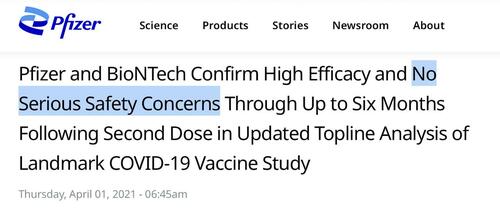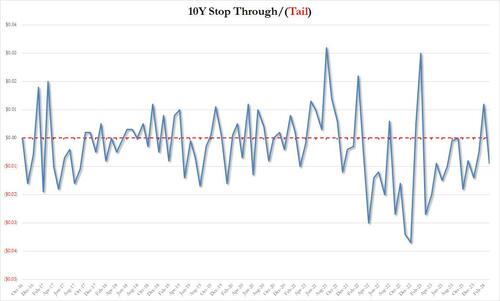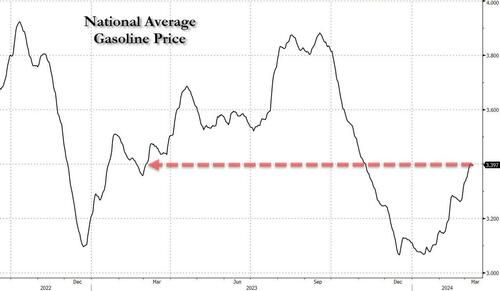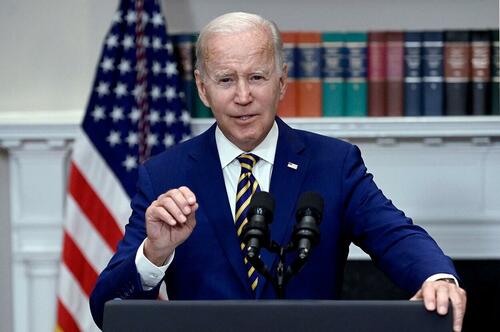If you saw Christopher Nolan’s blockbuster Oppenheimer, you might remember the scene in which Dr. Oppenheimer travels to Chicago to meet with physicist Enrico Fermi, who had just achieved the world’s first ever self-sustaining nuclear chain reaction.
This really happened– it was December 2, 1942, and Enrico Fermi’s experiment was a massive scientific breakthrough.
Fermi and his team proved that a fission reaction could be controlled… and therefore the vast amount of energy inside of an atom’s nucleus could be harnessed for other purposes.
Obviously, the US government was singularly focused on turning that immense nuclear energy into the biggest bomb the world had ever seen. But Fermi’s discovery also paved the way for nuclear power.
Proponents envisioned a world powered by nuclear energy where the cost of electricity would be practically free… and the benefits to mankind incalculable.
It all came down to efficiency; the amount of nuclear power that could be generated from a single rock of uranium was equivalent to thousands of tons of coal in a conventional power plant.
The cost of electricity would plummet. And that cheap energy would mean that consumers would pay far less for utilities, saving plenty of money that could be put to other uses.
Cheap energy also means that the production costs of just about everything would fall; cars, houses, food, etc. all become cheaper.
Cheap energy also helps countries develop more rapidly and increase economic growth, resulting in greater national prosperity and more tax revenue for the government.
The promise of nuclear energy was extraordinary– it was a win/win/win. So naturally when other nations began to develop the technology on their own, it set off an arms race to stockpile as much uranium as possible– mostly to ensure that no one else could make weapons.
The United States government bought up entire warehouses full of it and made an exclusive deal with the Belgian Congo (which had the world’s largest uranium reserves), simply to make sure that other countries couldn’t get their hands on any nuclear fuel.
Then, over the years, the US government slowly sold down its uranium inventory, little by little.
Mining companies also added new supply to the uranium market, ensuring there was plenty of uranium to meet growing demand.
But then a series of infamous accidents took place– Chernobyl, Three Mile Island, etc. The public freaked out, and the entire nuclear power industry nearly vanished.
Now, an objective analysis shows that, any way you slice it, far more people have died from accidents related to coal, oil, natural gas, and other forms of electricity production than have ever died from nuclear power accidents.
In fact, more people have died from accidents related to wind power than have died from nuclear.
But nuclear power still suffered a terrible blow to its reputation, and it remained that way for a very, very long time.
Power companies scrapped their plans for new nuclear power plants, and the demand for uranium collapsed, prompting many mining companies to shut down their operations.
The existing nuclear power plants that remained in business, however, continued buying uranium from the government… so those stockpiles from the 1950s continued to dwindle.
And that takes us to today: nuclear is finally making a comeback.
Unfortunately, most of the West (as usual) is missing the boat; the vast majority of new reactors will be in China, India, and other rapidly growing nations who understand that no other energy technology offers the same advantages as nuclear.
Western politicians are still stuck in their idiotic, Dark Age beliefs that wind and solar are the way to go. But these are both completely inefficient and extremely expensive technologies.
The amount of energy it takes to produce solar panels relative to the electricity that solar panels actually generate is a laughable pittance; this is known as ‘Energy Return on Energy Invested’, or EROEI… and with nuclear power, it’s off the charts.
Plus, nuclear power also has one of the lowest levels of CO2 emissions of any energy source.
(It’s also worth noting that emerging nuclear reactor technology promises to slash costs even further of establishing a new nuclear plant and increase safety even more.)
This means that nuclear has the potential to provide massive economic AND environmental benefits. Virtually no other technology has that capability… which is why it’s only a matter of time before the world ‘rediscovers’ nuclear.
Again, it’s already happening in Asia. In fact, it’s possible to literally count all the planned / in-progress nuclear power plants that will be coming on line in the next few years, and then estimate the annual uranium demand.
One of the best researchers in this field, by far, is my colleague Adam Rozencwajg, who has spoken at a few of our Total Access events; Adam has gone through the trouble to count up all the new reactors and their projected uranium needs, and the answer is very clear:
Bottom line, uranium demand is set to skyrocket. Yet supply isn’t going anywhere, not for a while.
It takes many years to get a new uranium mine up and running– sometimes even longer than it takes to build a new nuclear power plant.
So, you can see how there’s likely going to be a massive imbalance in uranium supply and demand.
I first started talking about uranium in September of 2022 when spot prices hovered around $40 per pound.
Today, uranium trades for more than $90 per pound. But I think it could go much, much higher from here.
In fact, global uranium demand already exceeds new mining production. In the past, whenever this happened, there were always vast government stockpiles to keep the power plants supplied.
But now the government stockpiles have dwindled. So, we could easily see a major uranium shortage… and prices go through the roof.
Source
from Schiff Sovereign https://ift.tt/U46bAR7
via IFTTT















